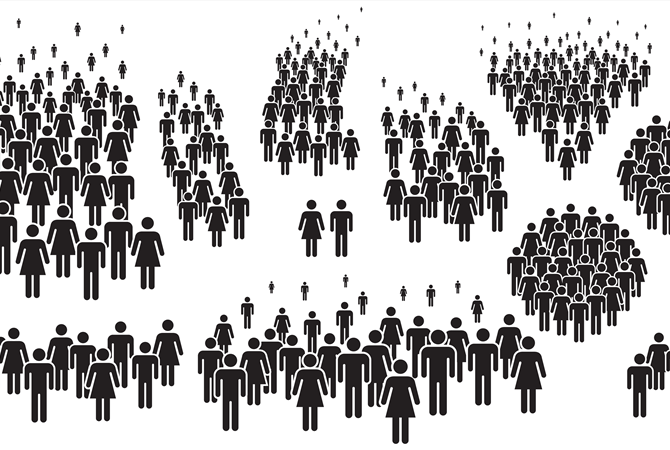
Many thanks Ash (and the PEPRN blog) for engaging with our recent national survey of ability grouping practices in PE. Dawn and I have been delighted by the positive attention the paper has received by researchers, teachers, teacher educators, and other stakeholders, and are hopeful that the findings of the paper will evidence-inform grouping practices in PE. We are especially hopeful that schools and teachers think beyond binary grouping practices (i.e., either mixed-ability grouping OR setting) to consider flexible grouping arrangements and/or the ‘best’ approaches for students in different situations or circumstances. From our data, it seems that many schools are already doing this. It was also great to find that many schools are centring student voice in their grouping and curriculum decisions, most notably through student surveys – a practice that has been shown to raise students’ confidence and motivation to learn in PE.
As we look ahead, there are several areas of research that require further attention. For instance, little is known about students’ experiences of different variants of mixed-ability grouping and setting (i.e., mixed-ability grouping with separate ‘top’ and ‘bottom’ sets) or less formalised grouping practices, such as within-class grouping. Further, little is known about grouping practices in primary school PE. Anecdotal evidence suggests that mixed-ability grouping predominates – which raises interesting questions about how students feel moving from mixed-ability groups in primary PE to sets in secondary PE. Alongside ability grouping, students may also be grouped by their birth sex (i.e., single- or mixed-sex grouping) - We have just had a national survey of these grouping practices in PE published in PESP (this should be out in the coming days). Findings suggest that most schools use single-sex grouping in core PE, which brings to the fore questions about how trans and non-binary students feel about and experience this arrangement (as well as ability grouping arrangements).
Many thanks once again Ash for shining a spotlight on our research. We look forward to sharing our ongoing research in this area.






